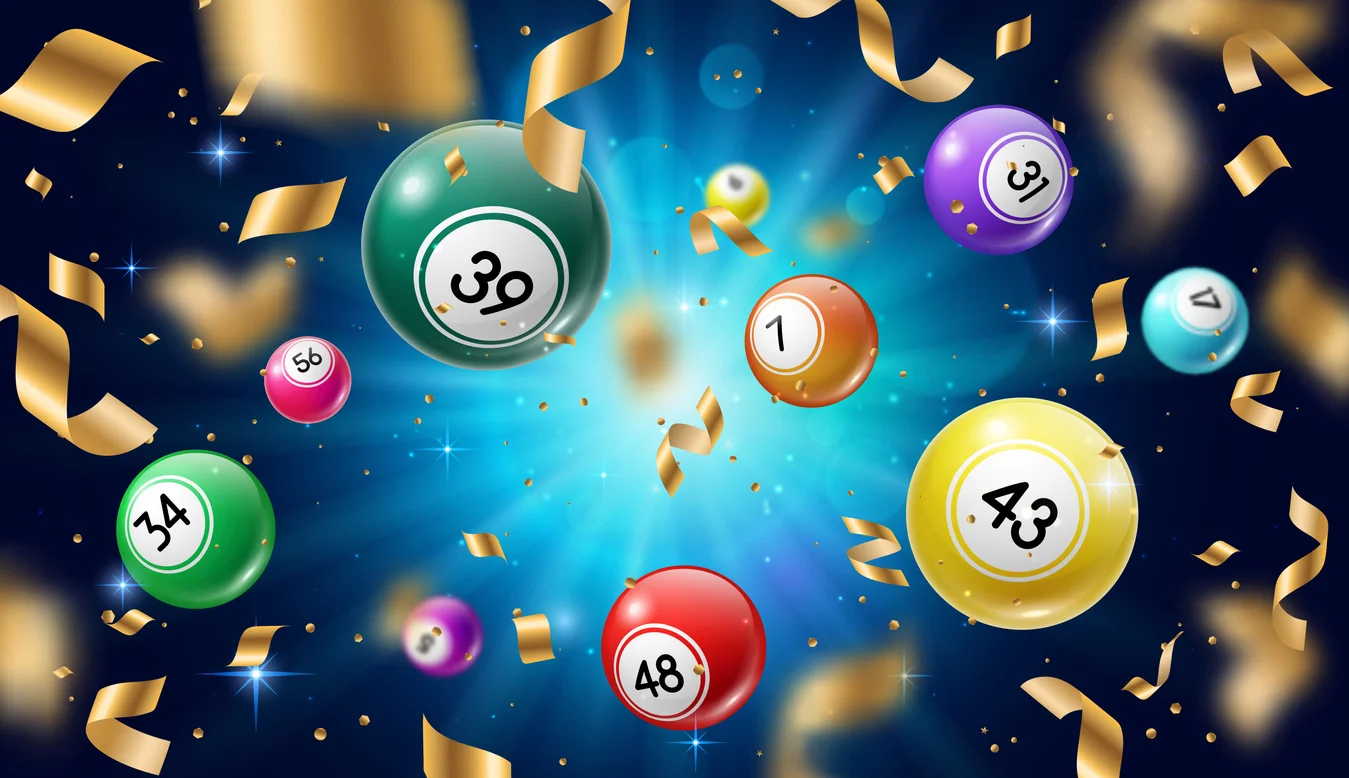Powerball prediction opens with excitement. Each draw invites millions to dream of massive jackpots and financial freedom. But while the numbers may seem random, there’s more to the game than luck. With smart strategies, pattern analysis, and a little math, powerball prediction can help you make more informed decisions when selecting your lucky numbers.
Whether you’re a seasoned player or just buying your first ticket, this guide will walk you through everything you need to know about powerball prediction—from understanding the basics to analyzing trends and building strategic combinations. Ready to boost your odds? Let’s dive in.
Why Powerball Prediction Matters
Powerball is one of the most popular lottery games in the world. With jackpots regularly exceeding $100 million, it attracts millions of hopeful players. But while the odds of hitting the jackpot are steep—about 1 in 292 million—there are ways to play smarter.
Powerball prediction isn’t about guaranteeing a win. Instead, it’s about using data, probability, and intelligent number selection to slightly increase your chances. With the right approach, you can avoid common mistakes and build tickets that give you a better shot than pure guesswork.
How Powerball Numbers Are Drawn
Before predicting numbers, it’s important to understand how the game works:
- Five white balls are drawn from a pool of 69 numbers.
- One red Powerball is drawn from a separate pool of 26 numbers.
- Drawings occur twice a week—every Wednesday and Saturday at 10:59 p.m. ET.
Every number has an equal chance of being drawn. That said, analyzing past results and spotting trends can give insight into which numbers are appearing more or less frequently over time.
Strategies for Smart Number Selection
A good powerball prediction strategy doesn’t rely on random picks. Here are several proven methods to build better tickets:
Hot and Cold Numbers
- Hot numbers are those drawn more frequently in recent games.
- Cold numbers are those that haven’t appeared for a long time.
Mixing hot and cold numbers is a common tactic. For example, if number 22 has appeared five times in the last 20 draws, it may be “hot.” On the other hand, if number 15 hasn’t shown up in 40 draws, some players consider it “due.”
Overdue Numbers
These are numbers that haven’t appeared in an extended number of draws. While each draw is independent, overdue numbers are often favored by players who believe in statistical rebalancing. All categories and top stories are featured right on the homepage buommedia .
Balanced Mix
A well-rounded ticket includes a variety of number types:
- 2–3 hot numbers
- 1–2 cold or overdue numbers
- 1–2 middle-range numbers
This balance covers a broad spectrum and avoids clustering numbers too close together.
Even and Odd Numbers
Statistically, most Powerball combinations include a mix of even and odd numbers. A good ratio is:
- 3 even / 2 odd
- or 2 even / 3 odd
Avoid picking all even or all odd numbers, as this rarely occurs in real draws.
High and Low Numbers
Similarly, a balanced spread between high (35–69) and low (1–34) numbers is ideal. This mirrors actual winning patterns.
Avoid Common Mistakes
- Don’t pick only birthdays or anniversaries, which limit your range to 1–31.
- Avoid sequences like 1, 2, 3, 4, 5.
- Don’t copy winning numbers from previous draws—each draw is independent.
Analyzing Past Powerball Data
Historical data can be a valuable resource for powerball prediction. Here’s how to use it:
- Gather Data: Look at the last 100–200 Powerball draws.
- Tally Frequency: Count how often each number has appeared.
- Identify Trends: Highlight the top 10 most frequent and least frequent numbers.
- Monitor Patterns: Are there numbers that repeat often? Are there gaps between appearances?
Here are some sample observations (fictional for this example):
- Hot Numbers: 22, 37, 63, 11, 58
- Cold Numbers: 8, 15, 34, 49, 66
- Overdue Numbers: 3, 7, 12, 21, 39
- Frequent Power Balls: 18, 24, 11
Use these trends to build personalized, statistically informed tickets.
Combining Intuition with Strategy
While numbers and charts are helpful, personal intuition and fun shouldn’t be ignored. Many players mix favorite dates or numbers with hot/cold data. This way, your ticket reflects both emotion and analysis.
For example:
- Birthdate: 7
- Anniversary: 22
- Hot: 58, 63
- Overdue: 3
- Power Ball: 18
This mix keeps the process enjoyable while still playing smart.
Tools and Resources for Powerball Prediction
Several online tools and platforms can assist in your prediction journey:
- Official Powerball website: For up-to-date draw results and statistics.
- Lottery prediction apps: Many apps offer hot/cold tracking, frequency charts, and number generators.
- Excel or Google Sheets: Great for building your own analysis charts.
- Online communities: Lottery forums and subreddits often share prediction models and data.
Use these tools to test combinations and refine your strategies over time.
Sample Lucky Number Sets
Here are three example ticket combinations based on recent statistical trends:
Ticket 1 (Hot Numbers Focused)
22, 58, 63, 11, 37 | Power Ball: 18
Ticket 2 (Balanced Ticket)
7, 22, 33, 46, 61 | Power Ball: 11
Ticket 3 (Overdue Numbers Emphasis)
3, 8, 34, 49, 66 | Power Ball: 4
Feel free to adjust these based on your own preferences, favorite numbers, or current data.
Common Mistakes to Avoid
Even experienced players can fall into common traps. Here are five mistakes to steer clear of:
- Using only personal numbers (birthdays, etc.): Limits number range and coverage.
- Buying too many random tickets: More isn’t always better—focus on quality combinations.
- Ignoring recent data: Past performance offers valuable clues.
- Copying someone else’s picks: What works for one doesn’t always work for all.
- Chasing lost tickets: Stick to a budget and play responsibly.
Frequently Asked Questions
Q1: Can powerball prediction really improve my odds?
Powerball prediction doesn’t guarantee a win, but it helps you play more intelligently. Choosing numbers based on trends, frequency, and balance is statistically smarter than pure randomness.
Q2: How often should I update my number selections?
It’s a good idea to revisit your number combinations after each draw. New hot and overdue numbers emerge constantly, and updating your ticket keeps your picks relevant.
Q3: Should I use a random number generator or pick manually?
Both methods are valid. A generator can help create variety, but manually selecting based on trends gives you more control. Combining both methods is a smart compromise.
Final Thoughts: Your Next Move
Powerball prediction is about playing with purpose. Instead of relying on pure chance, use history, balance, and strategy to guide your picks. While no system can promise a jackpot, informed play brings more satisfaction—and maybe, just maybe, a little luck your way.
Before the next draw:
- Review recent winning numbers
- Identify hot, cold, and overdue numbers
- Build 1–3 balanced ticket sets
- Play responsibly and have fun
With the right mix of analysis, creativity, and strategy, powerball prediction becomes a smart and engaging part of the game.
Good luck with your next draw—and may your numbers be the lucky ones!











Leave a Reply